Asian students experienced coronavirus-related discrimination on campus prior to distance learning

In the early stages of the coronavirus pandemic in the U.S., racist actions against Asians and Asian-Americans were reported in cities across the country. While violent actions of racism related to coronavirus have yet to be reported in Grand Rapids, Asian students report having experienced discrimination on campus and in Grand Rapids prior to Calvin’s move to distance learning.
Psychology neuroscience major Deborah Wang came to Calvin from Beijing, China. When the virus first became a major concern in China, many students asked her whether or not Chinese people eat bats. “The assumption of bat eating really seems to bring about the mentality of ‘they did it to themselves’ or ‘they deserved it,’” she said. She also recalled many students avoiding her in dining hall lines and making jokes that seemed disrespectful to other cultures and the seriousness of the pandemic in China at the time.
Parker Yeo is a senior accounting major whose parents, Korean missionaries, raised him in Egypt. He recounted watching a student cover their face while passing him and a group of other international students on campus. Yeo also mentioned a case in which an Asian student entered an elevator on campus and the other passengers exited, making it clear it was because he was Asian. The student was not available for comment when Chimes reached out.
Yeo, who continues to live near Calvin, said that although incidents of racism against Asians in Grand Rapids haven’t been as serious as those in cities like New York or San Francisco, they’ve made him become more self-conscious. “The illness and deaths are a very serious thing, but the rise of racism is also serious, and people should be aware of that,” he said.
Esther Cha is a Korean-American junior studying biochemistry and computer science. She said that she didn’t expect to encounter discrimination in Grand Rapids, but when she went to get a drug screening for her internship, a woman sitting across from Cha covered her face and turned away.
While none of the students interviewed felt that Calvin was complicit in any form of racism, Cha expressed that the way her professors didn’t address the situation or treated it like it wasn’t a major issue before the transition to distance learning was disappointing and unsympathetic.
Yeo felt that the administration’s response to coronavirus-related discrimination was great and that the issue was with individuals on campus, not the university. Wang felt similarly, saying, “Sometimes it doesn’t take racist acts to make someone feel unwelcome. Blatant, overt racism is often less hurtful or damaging than subtle acts of discrimination.”





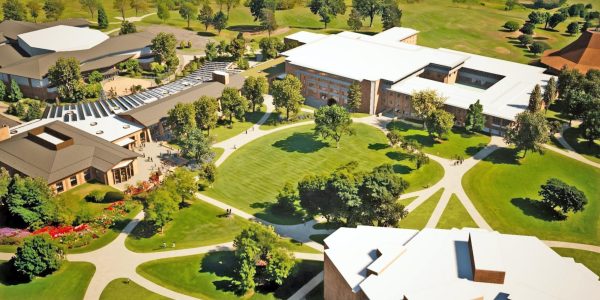
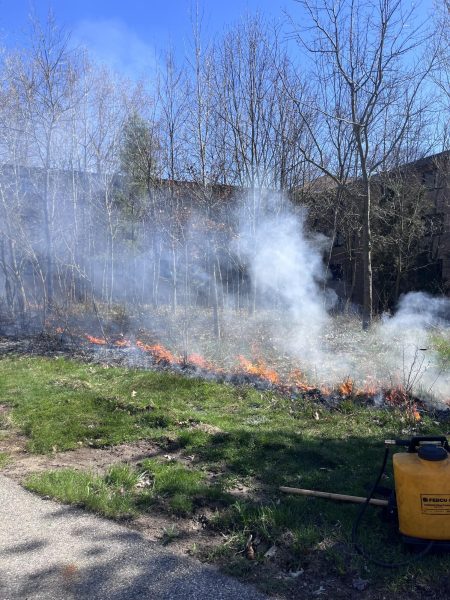
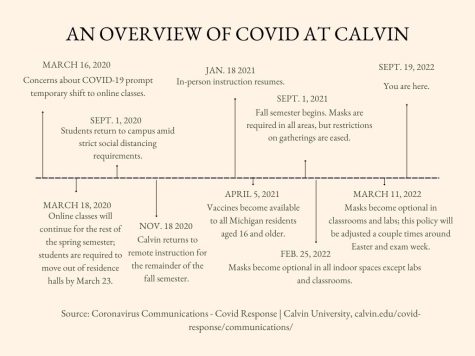
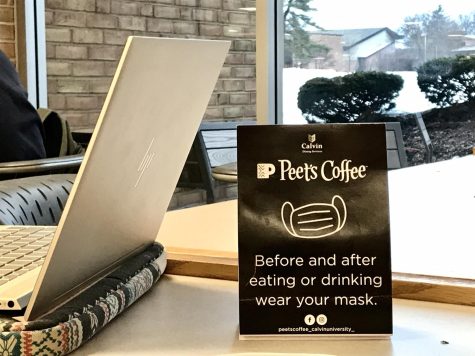
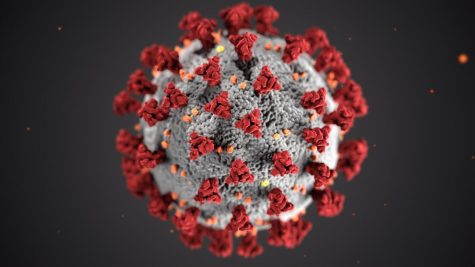
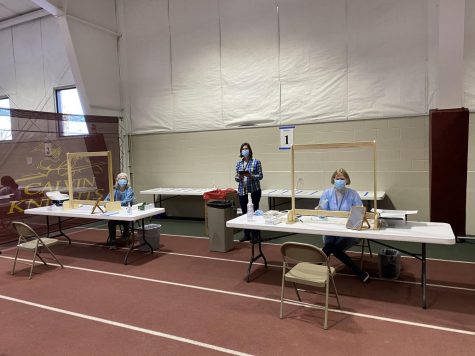
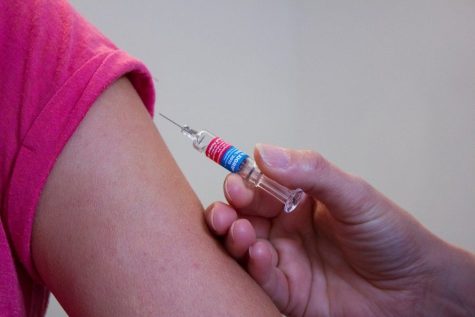
Gwen Ballast • May 12, 2020 at 6:16 pm
Thank you for this article. This is a challenge to the Calvin community not just on campus but world wide. May we bring change by individually seeking self reflection and moving forward with intentionally showing true Christian love for all people in our words and actions.
Ruth TenBroek • May 11, 2020 at 3:42 pm
I’m so sorry that you experienced this.